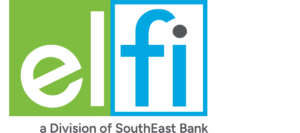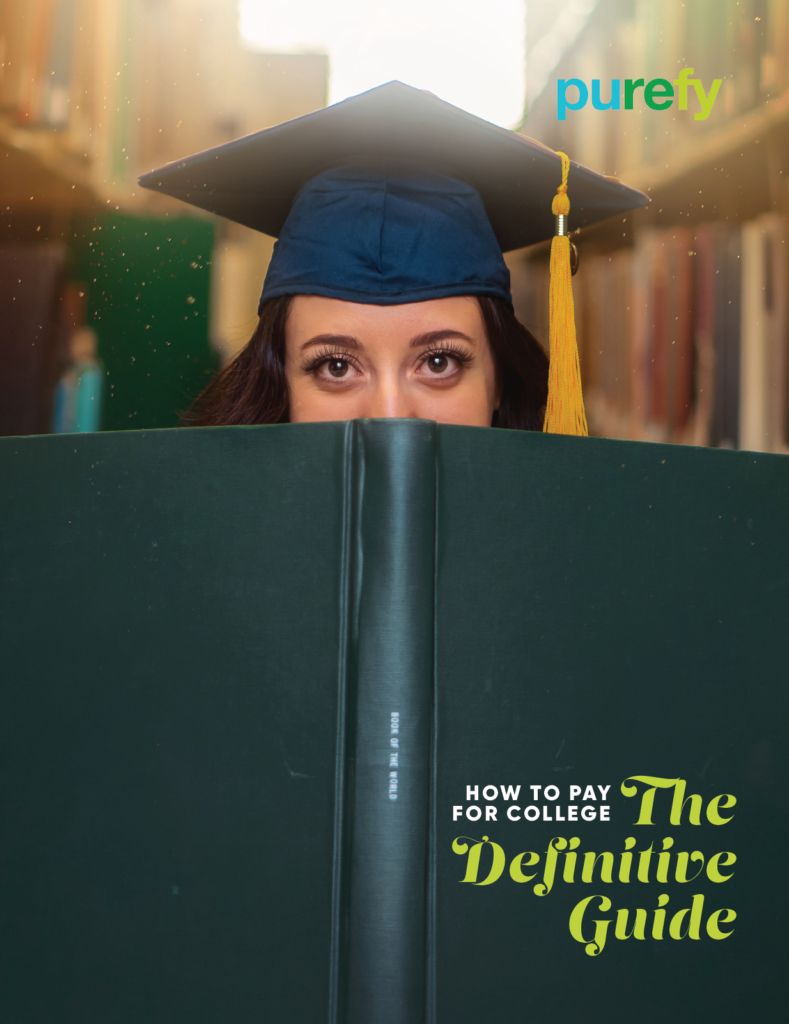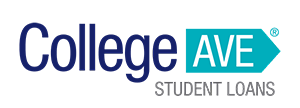College is more expensive than ever, and the increases in prices show no sign of slowing down. The National Center for Education Statistics (NCES) reported that the average cost of a four-year public university was $9,400 for the 2020-2021 academic year, a 10% increase from 2010-2011. At private schools, the average cost was $37,600, 19% higher than it was a decade ago.
Even if you have tuition covered, you may be surprised by added costs like room and board, textbooks, transportation, supplies, and other general living expenses. Emergencies — like a flat tire or a vet bill — can cause you to run out of cash quickly, leaving you scrambling to cover your remaining education costs.
When it comes to paying for college, there are several ways to finance your education. However, some methods are expensive and incredibly risky.
5 Financing Mistakes to Avoid When Paying for College
To pay for college, you can tap into savings, apply for gift aid in the form of scholarships or grants, or borrow money. Some students opt for other ways to pay for school, such as credit cards or payday loans, but those methods can be risky and cause you to rack up debt. Here’s what mistakes to avoid — and what you can do instead to get the cash you need.
1. Not Filling Out the FAFSA
The Free Application for Federal Student Aid (FAFSA) is a critical first step in securing financial aid. However, many students skip it because they think it’s too complicated or because they think they won’t qualify for aid.
The FAFSA has no income limit, and you can complete it in under an hour. By filling out the FAFSA, you can qualify for grants, work-study programs, and student loans. Schools also use it to determine your eligibility for institutional aid.
Plus, the FAFSA and financial aid packages cover more than just tuition; they can cover the entire cost of attendance, which includes your room and board, transportation, and even childcare. By completing the FAFSA, you may get enough financial aid that you don’t need to explore alternative financing options.
2. Using a Credit Card for School Tuition
Credit cards are an increasingly common way students pay for college. According to the Trellis Company’s Financial Wellness Survey, 28% of students at four-year schools said they used credit cards to cover some of their education costs.
The majority of colleges do accept credit card payments. While a credit card may be convenient, there are some significant downsides to using a credit card for school tuition:
● Processing fee: Although some students use credit cards because they want to earn rewards, the processing fee for using credit can negate the value of any cash back or miles you may get. The most common fee is 2.75% of the amount charged to the card. If you charged $5,000 of tuition costs and your school charged a 2.75% processing fee, it would add $137.50 to your overall cost.
● High APR: Credit cards have much higher annual percentage rates (APRs) than student loans. Credit card APRs can be well into the double-digits and, if you carry a balance, you can end up paying significantly more than you initially charged.
● No tax benefit: Unlike student loans, credit cards aren’t eligible for tax benefits like the student loan interest tax deduction.
● Not eligible for refinancing: With student loans, you can refinance to take advantage of lower interest rates. But with credit card debt, student loan refinancing isn’t an option.
The 4 Best Companies for Private Student Loans
Our Top-Rated Picks for 2023 Offer Low Rates and No Fees
Option to skip a payment once a year

In-school deferment available if you return for another degree

Optional $25 payment plan during school to reduce interest after graduation

1% Cash Back Graduation Reward program
Fixed Rate
Variable Rate

Fixed Rate
Variable Rate
3. Relying on Payday Loans
If you’re in a bind and need cash quickly, a payday loan can be appealing. Payday loans are for relatively small amounts — typically $500 or less — and you can get the money on the spot. However, they have incredibly high fees. According to the Consumer Financial Protection Bureau, the fees on a typical payday loan are the equivalent of 400% APR.
Plus, payday loans have to be repaid within a few weeks. If you’re unable to do so, the lender will often allow you to roll the loan into another one, causing your balances to balloon and interest to accrue at an alarming rate.
4. Taking Out an Auto Title Loan
Auto title loans are similar to payday loans in that they charge predatory fees. With an auto title loan, you apply for a relatively small amount of cash and repay it within a few weeks. Your car’s title serves as collateral, so if you fall behind, the lender can seize your vehicle.
The fees on a typical car title loan are the equivalent of about 300% APR, so they should be avoided.
5. Using a Personal Loan to Pay for College
Personal loans usually have lower interest rates than payday loans, auto title loans, or credit cards. But since college students don’t have lengthy credit histories and usually don’t have full-time jobs, they can be difficult to qualify for. Personal loans for students with less-than-perfect credit can have rates as high as 36%, so interest can accrue rapidly.
Personal loans have much shorter repayment terms than student loans; they usually have to be repaid within three to five years. And they aren’t eligible for student loan benefits like deferments or financial hardship forbearance, and you can’t take advantage of the student loan interest tax deduction.
Most personal loan lenders prohibit the use of personal loans for postsecondary education expenses, so you may struggle to find a lender willing to work with you in the first place.

Free 13-page eBook: How to Pay For College
Download instantly with just one click
Free eBook: How to Pay for College
Download instantly with
just one click

Better Ways to Pay for College
Now that you know some of the common mistakes students make when paying for college, you can look for alternative solutions. Before turning to credit cards or personal loans, be sure to exhaust these options:
Grants
Grants are issued to students with financial need. They’re a form of gift aid, which means you don’t have to repay them. Grants can come from the federal government, state government agencies, and non-profit organizations.
One of the most common types of grants is the federal Pell Grant, which is awarded to undergraduate students with significant financial needs. To qualify for grants, you need to fill out the FAFSA.
You can search for available grants at CareerOneStop.
Scholarships
Like grants, scholarships are a form of gift aid; as long as you meet the award’s criteria, you don’t have to repay the money you receive.
Scholarships are usually based on your merit, such as your academic or athletic performance. Scholarships are awarded by schools, non-profit organizations, and companies. You can apply for and receive many scholarships, and you can combine awards to cover some or all of your educational expenses.
You can search for scholarships with Purefy’s scholarship search tool.
Work-Study Programs
Work-study programs are available from the federal government and states. With work-study, you work part-time at a job related to your major and use your earnings to offset some of your education costs.
To qualify for a work-study program, you must complete the FAFSA and demonstrate financial need. Contact your school financial aid office to see if your college participates in work-study programs.
Side Gigs
If your school doesn’t have a work-study program, another option is to pick up a side gig or part-time job and use your earnings to cover some of your expenses. You can find side gigs and part-time jobs suitable for college students at SnagAJob and CoolWorks.
Emergency Student Aid
As a college student, unexpected emergencies like a death of a family member or a car repair can derail your education plans. However, many schools and non-profit organizations have emergency student aid funds to help you pay for those expenses and complete your degree. For example
● The United Negro College Fund (UNCF) offers multiple emergency programs that cover everything from medical bills to natural disaster recovery. The average award is $2,000.
● At Miami-Dade College, student emergency aid is available to students that have a sudden emergency that would keep them from completing their courses. Students can receive up to $500 per semester and up to $1,000 per academic year.
● The University of Texas at Austin operates a student emergency fund. Eligible emergencies include medical treatments, medications for prescriptions, food insecurity, and natural disasters.
Contact your school’s financial aid or student services departments to find out if there are emergency funds at your school. You can also search for local resources with 211.org.
Federal Student Loans
If you need to borrow money, federal student loans are a good place to start. You can use federal student loans to cover most education-related expenses, including room and board and textbooks.
To qualify for federal loans, complete the FAFSA and talk to your school’s financial aid office to see what loans are available to you.
Private Student Loans
If you’ve used up other sources of aid and still need help covering the total cost of attendance, private student loans can play an important role in financing your education. Offered by banks and credit unions, private student loans allow you to borrow up to 100% of the school-certified cost of attendance.
You generally need good to excellent credit and a steady source of income to qualify for a private student loan. If you don’t meet that criteria, you may qualify for a loan if you add a cosigner to your application.
Rates and terms vary by lender, so shop around to find the best rates.
Paying for College
As a college student, facing unexpected expenses can be frustrating and stress-inducing. But before turning to a payday loan, auto title loan, or credit card for school tuition, make sure you explore all of your other options. With grants, scholarships, work-study programs, and student loans, you can get the cash you need to pay for school without having to pay predatory interest rates.
If you decide to take out a private student loan, you can use our rate comparison tool to shop multiple lenders with no impact on your credit score.
Need a Private Student Loan? Check Out the Top Lenders of 2023.
Compare interest rates and perks to find the best lender for you.
















